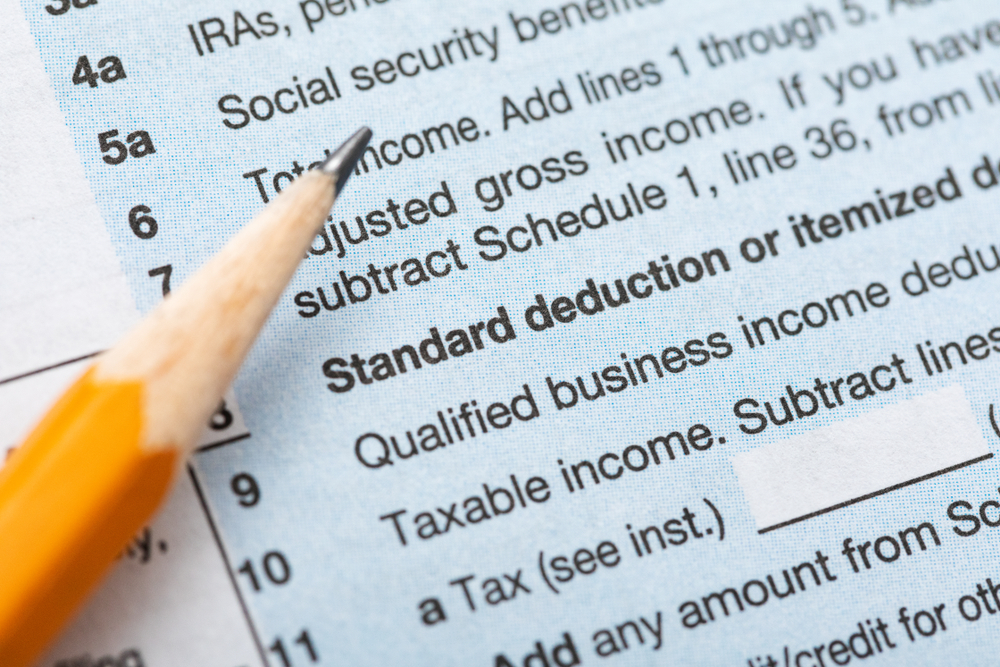
When you are preparing to file your taxes, don’t forget about itemized deductions. These are individual tax deductions you can take in lieu of the standard deduction. Making the decision to itemize could potentially save you more money on taxes. To learn more about the types of deductions you can itemize, continue reading our blog.
Charitable Deductions
Did you contribute to a charity in the past year? If you made donations to a qualifying organization, you can itemize and therefore, lower your tax bill. It’s important to keep a record of donations, which can include everything from bank records to receipts. Make sure that you have the name of the organization, the amount donated, and the date. The more information you have, the more accurate your tax form will be.
Medical and Dental Expenses

Medical expenses are deductible as itemized deductions, but in a very limited way. You can only deduct the amount of medical expenses that exceed 10% of your AGI or 7.5% if you’re over 65. You and your family members that have qualifying medical expenses can take advantage of these deductions. Examples include: doctor’s fees, co-pays, prescriptions, transportation to a medical facility, and more.
Work-Related Education Expenses
If you choose to itemize work-related education expenses, you may be able to deduct these expenses from your taxes. To claim this deduction, costs must be related to maintaining or improving job skills and required by your employer. These costs include tuition, books, lab fees, travel, etc. It’s also important to note that you can only deduct these expenses if they exceed 2% of your adjusted gross income.
Conclusion
If you have questions about itemized deductions for your 2020 taxes, then call MARIELA RUIZ, CPA, PLLC. We have the tax solutions you need to get more out of your tax return. From income tax preparation to strategic tax planning, contact our advisors for more details on how you can save money!
Visit our website here.
